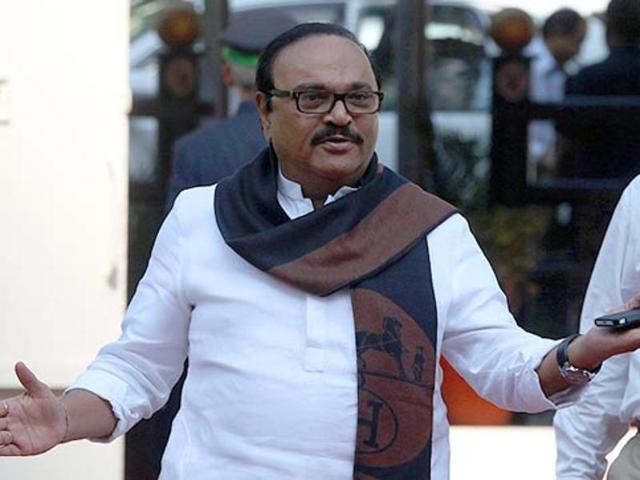
The Bombay High Court had granted bail to Bhujbal on May 4, 2018, after his arrest by the ED. The agency's investigation revealed that Bhujbal and his associates allegedly misused their official positions, causing financial losses to the government. Specifically, Bhujbal was accused of awarding contracts, including the construction of the Maharashtra Sadan in New Delhi, to certain firms in exchange for kickbacks benefiting him and his family. These funds were purportedly funneled into illegal companies owned by Bhujbal and his nephew, Sameer Bhujbal.
In addition to dismissing the ED's plea, the Supreme Court also rejected Bhujbal's petition challenging the legality of his arrest. The court noted that since Bhujbal had been released on bail in 2018, it was unnecessary to examine the validity of his arrest at this stage.
This decision marks a significant development in the protracted legal proceedings involving Bhujbal, who served as Maharashtra's Deputy Chief Minister. The allegations against him pertain to the period when he held the Public Works Department portfolio, during which he was accused of engaging in corrupt practices leading to substantial financial misconduct.
The ED's case against Bhujbal is part of a broader crackdown on money laundering and corruption involving public officials. The agency has been actively pursuing cases where public servants are suspected of leveraging their positions for personal gain, thereby undermining public trust and causing economic detriment.
Legal experts suggest that the Supreme Court's dismissal of the ED's appeal reinforces the principle that higher judiciary intervention in bail matters is warranted only under exceptional circumstances. Given that the bail was granted several years prior, the court found no compelling reason to overturn the High Court's decision.
While Bhujbal remains out on bail, the substantive charges against him are yet to be adjudicated. The trial proceedings will determine the veracity of the allegations and the extent of his involvement in the purported money laundering activities. The outcome of this case is anticipated to have broader implications for accountability and transparency among public officials.
